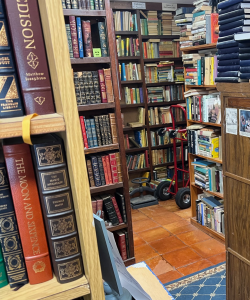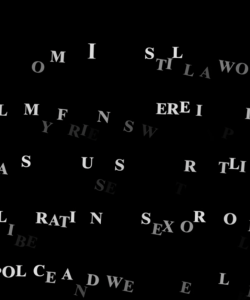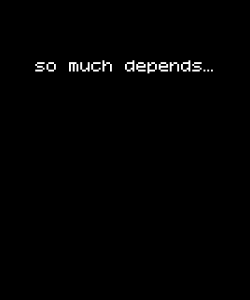Study Shows Reading on the Decline

A study in iScience found a 43 percent drop over the last twenty years in the number of Americans who report reading for pleasure daily.
Jump to navigation Skip to content

A study in iScience found a 43 percent drop over the last twenty years in the number of Americans who report reading for pleasure daily.

With a $100,000 grant from O’Shaughnessy Ventures, bookshop manager Charlie Becker is building an AI tool to help secondhand booksellers identify and catalogue titles.

Clever use of the software’s Headings tools can make even the most beastly manuscript easier to wrangle.

Artificial intelligence has irrevocably changed the paradigm of publishing. A journalist and editor speaks to agents about their thoughts on AI in a professional context, raising questions about contracts, rights, and the nature of art.

In response to publishers turning to artificial intelligence as a tool to expedite or replace the work of human translators, publishers and translators question whether machine-led translation can truly supersede a human touch.

Even though ChatGPT can replicate and regurgitate the texts it has consumed, it still lacks the unique inspiration that lived experience provides for writers. A teacher of creative writing puts the AI chatbot to the test.

No longer limited to static text on a page, poets are composing verse in the unique medium of an NFT, opening new creative, collaborative, and financial possibilities for work that defies categorization.

With the rise of AI-generated writing, writers and publications alike struggle with the question of what authorship means.

“You will never get rid of the self-critical voice in your head.” —Colin Winnette, author of Users

“I wanted to articulate and be honest to the emotion of grief.” —Eugene Lim, author of Search History